
Blog by Gary Bourlet – Learning Disability England’s Membership and Engagement Lead
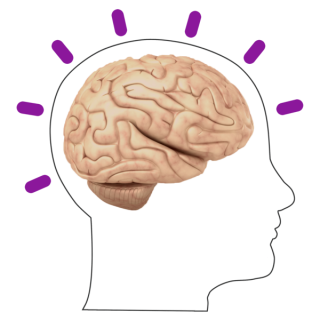
This week is National Epilepsy Week (May 24 – May 30).

This is happening to help raise awareness for those that are affected by epilepsy, what it is, who can be affected and what can be done.

There are lots of ways you can get involved such as; learning more about epilepsy, donating to epilepsy charities, taking on a fundraising challenge or wearing a purple epilepsy awareness wristband.

Epilepsy is a condition that affects the brain and causes the person to have seizures or fits.
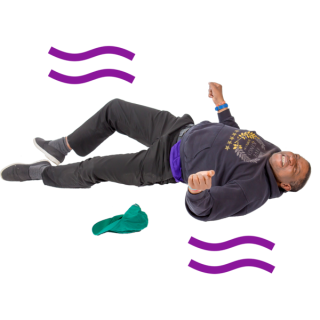
I was diagnosed with epilepsy at the age of 2 – I have what was once called Grand Mal epilepsy (which is now called Tonic-clonic epilepsy).
There are many different types of epilepsy which have different symptoms and severities.

When my seizures are bad, they are very severe – throughout my life I have been on all types of medication for it such as; Phenobarbital, Gabapentin, Tegretol and now Epilim chrono.
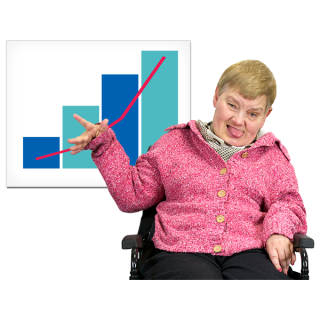
Having a learning disability does not cause to you to have epilepsy and epilepsy does not cause a learning disability but epilepsy is much more common in people who have a learning disability.
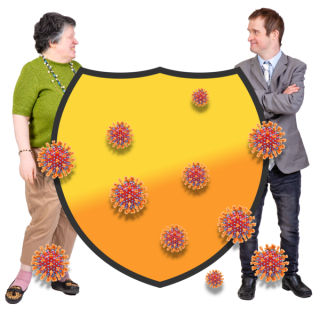
Epilepsy is not a disease either. Years ago, when I went to nursery, I was kept away from other children by the teacher in case the other children caught epilepsy – now we know it is not infectious.

It is also important to know ‘How can I keep someone safe if I think they are having an epileptic seizure?’
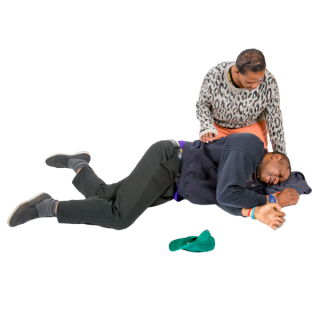
You must turn them to one side, place a cushion (or something soft) behind their head and try talking to the person calmly to draw them out of the seizure.

Never put a spoon in the mouth – this was once thought to stop a person biting their tongue, but we know now it can be dangerous.

Here you can find out more about what to do if you see someone have a seizure.